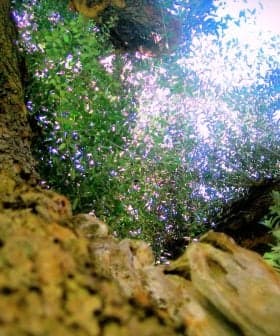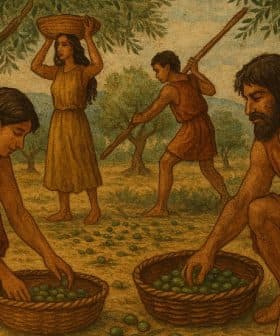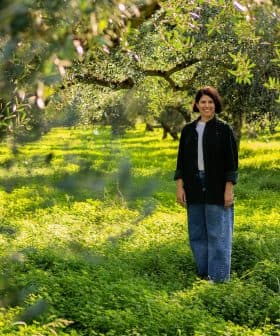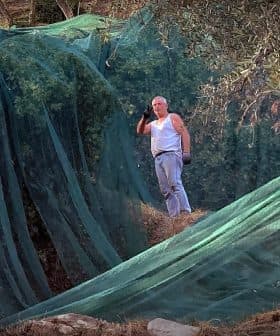 6.4K reads
6.4K readsWorld
UNESCO Board Endorses 'World Olive Tree Day'
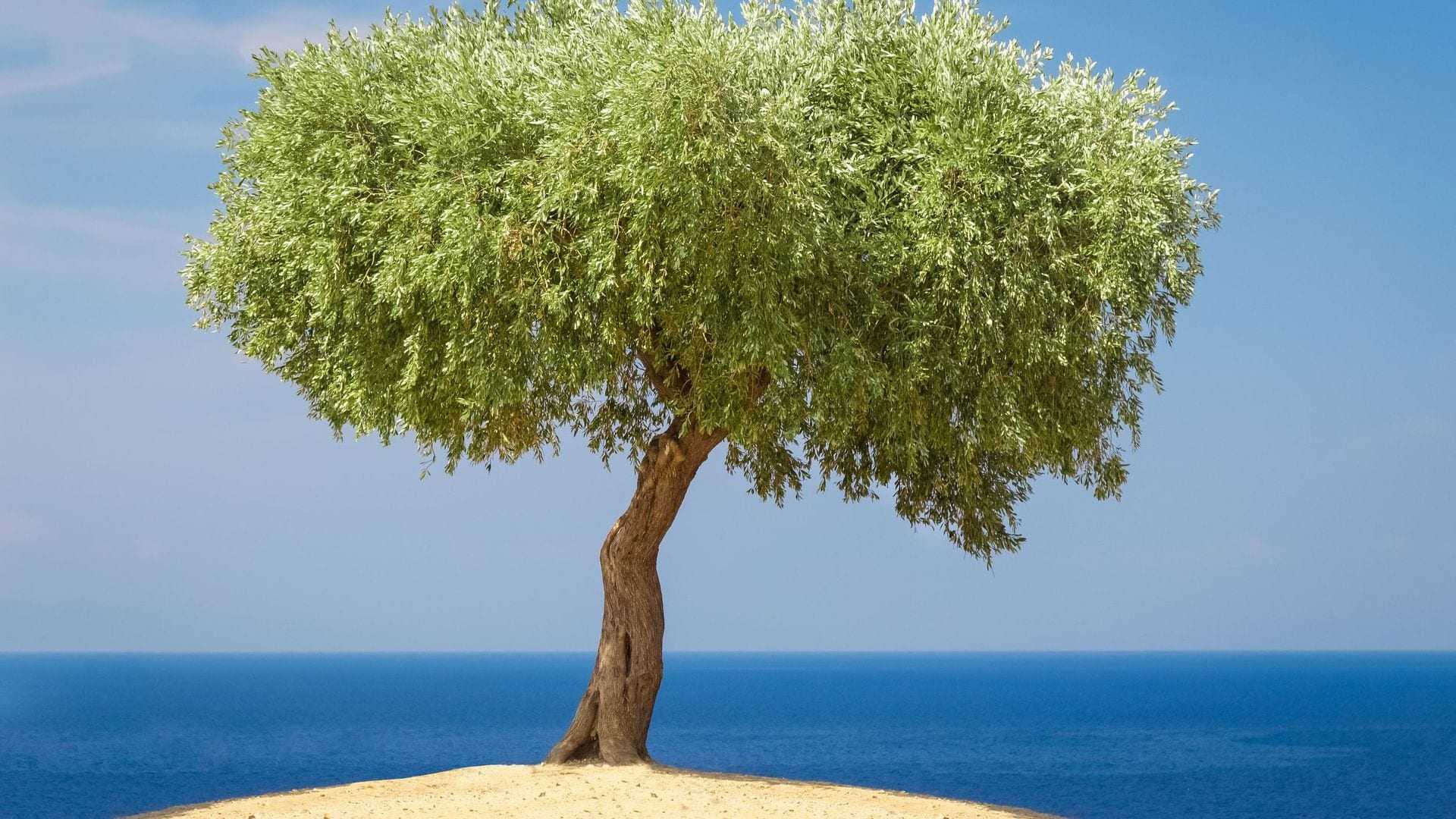
The executive board of UNESCO has recommended celebrating World Olive Tree Day on November 26 each year, following a proposal by Lebanon and Tunisia during the 206th session in Paris. The resolution highlights the olive tree as a symbol of peace and harmony, emphasizing its historical, mythological, and symbolic significance, with the goal of protecting the tree and promoting its value globally.
The executive board of UNESCO (United Nations Educational, Scientific and Cultural Organization) has recommended that November 26 of every year be celebrated as World Olive Tree Day.
The resolution was adopted last week at the executive board’s 206th session in Paris following a proposal put forward by Lebanon and Tunisia.
(The olive tree is) a symbol of peace between men and a symbol of human activity in peace with nature.
Following the adoption of the resolution, Sahar Baassiri, the Lebanese ambassador to UNESCO, reminded delegates of the historical, mythological and symbolic significance of the olive tree. The Tunisian ambassador, Ghazi Gherairi, added that the tree is a universal symbol of peace.
“[The olive tree is] a symbol of peace between men and a symbol of human activity in peace with nature,” he said.
See Also:Olive Oil CultureThe executive board said that it “welcomes and endorses the recommendation to proclaim November 26 of each year the World Olive Tree Day.”
The board has now asked the director-general of UNESCO to support the resolution, which will be included on the agenda of the 40th session of the UNESCO General Conference this fall where it will be put to a vote.
The board said that the annual celebration of World Olive Tree Day “will help to protect this ancient plant and preserve its long-standing value,” and emphasized the significance of the olive tree as a universal symbol of peace and harmony.
“A wreath of olive branches is emblazoned not only on the flag of the United Nations, but also on the flags of other organizations and states,” members of the board wrote in public notes. “Today, the olive tree is grown on six continents and contributes to the sustainable economic and social development of many countries and to the preservation of natural resources.”
The resolution points out that the tree is a common artistic theme, having inspired poets, writers and artists through the ages. It cites the 6,000-year-old history of olive tree cultivation in the Mediterranean and the fact that the olive tree is now grown in 56 countries.
It also alludes to the tree’s impact on sustainable economic and social development by employing millions of men and women, as well as the nutritional and health values of the olive fruit.
Finally, the role played by the tree in environmental protection is highlighted: it prevents desertification, protects against erosion and has the potential to increase atmospheric carbon dioxide fixation in the soil.


